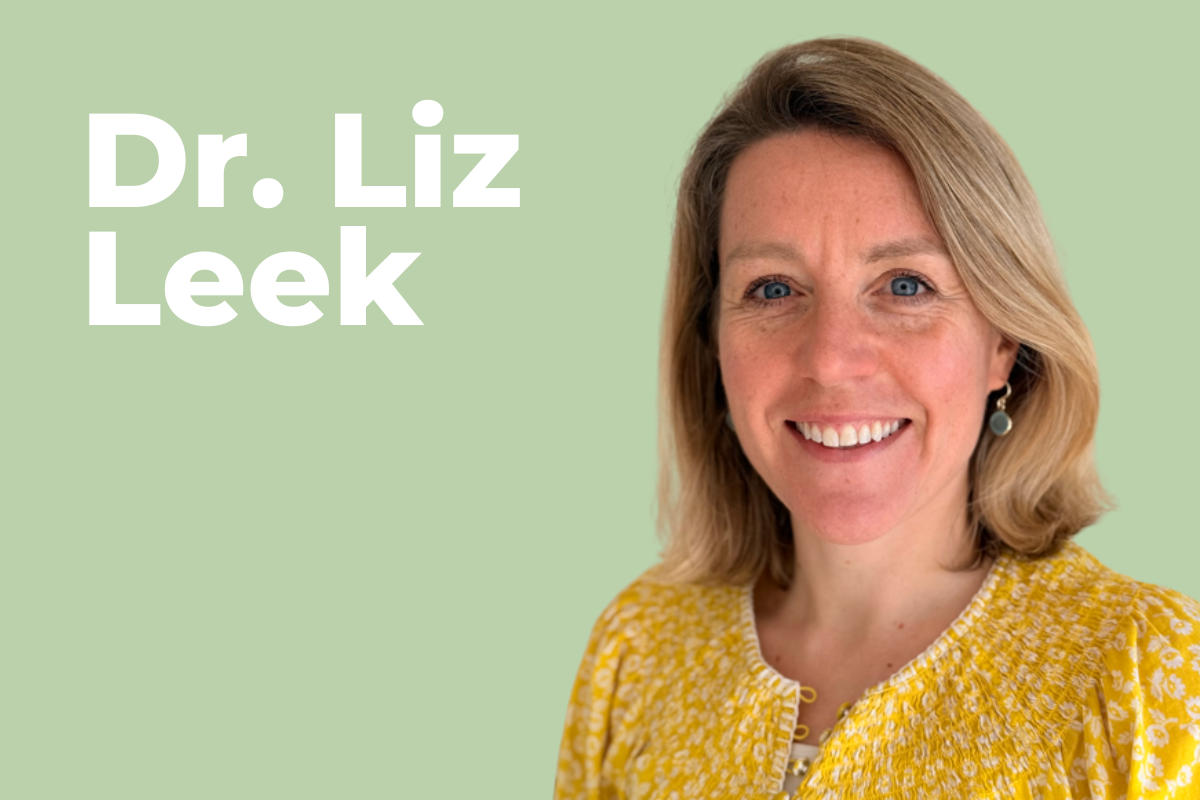
Fatigue, aches, anxiety, weight gain, hair loss… They’re symptoms synonymous with many different conditions. As we live such busy lives in this day and age, they are often attributed to work stress or lifestyle. But did you know these are some of the major problems brought on by thyroid dysfunction?
The thyroid, a small butterfly-shaped gland in the neck, plays an essential role in regulating your body’s metabolism, growth, and development through thyroid hormones. T4 and T3 (thyroid hormones) affect almost every cell, tissue, and organ in the body.
There are two main types of thyroid dysfunction – hyperthyroidism, where your thyroid is overactive, and hypothyroidism, where your thyroid gland is underactive.
What Causes Thyroid Dysfunction?
Some people are born with thyroid problems, but they can also develop over time due to various factors such as stress, suboptimal nutrition, environmental exposure, genetics, and hormonal fluctuations. Low or high levels of iodine, an important mineral needed for thyroid function, can lead to thyroid dysfunction. An inflammation of the thyroid gland is another possible cause.
Hashimoto’s disease, an autoimmune condition in which white blood cells and antibodies attack and destroy the cells of the thyroid gland, can also lead to hypothyroidism.
Estrogen dominance, where there is too much estrogen in your body, can lead to hypothyroidism by blocking the conversion of T4 into T3 thyroid hormone which leads to low T3 levels. Although there is no direct issue with the thyroid gland, symptoms of thyroid dysfunction will still be experienced.
Hyperthyroidism
Hyperthyroidism occurs when the thyroid gland produces excessive amounts of thyroid hormones, accelerating the body’s metabolic processes.
Although anyone can have an overactive thyroid, it is significantly more common in women than in men, with most cases occurring between 20 and 40 years old.
Symptoms of an overactive thyroid include:
- Nervousness and anxiety
- Abnormal or increased heart rate
- Enlarged thyroid glands (goitre)
- Fatigue and persistent weakness
- Thinning hair and weak nails
- Restless and difficulty sleeping
- Weight loss
- Sensitivity to heat
- Diarrhoea
Hypothyroidism
Hypothyroidism occurs when your thyroid gland is producing too little of the thyroid hormone, which slows down the body’s metabolism. Hypothyroidism is the most common type of thyroid dysfunction, affecting 15 in every 1,000 women and 1 in 1,000 men in the UK.
Symptoms of an underactive thyroid include:
- Fatigue and low energy levels, even with adequate rest
- Sensitivity to cold
- Unexplained weight gain
- Depression
- Puffy face
- Hair loss
- Muscle aches and cramps
- Brittle hair and nails
- Dry, coarse skin
- Numbness or tingling in the hands
- Brain fog
Hypothyroidism can mimic or exacerbate symptoms of menopause and can often be overlooked by women of a menopausal age. In addition, the risk of developing an underactive thyroid increases with age so it is not unusual for women going through peri/menopause to also be experiencing thyroid issues. Thyroid dysfunction can also increase complications associated with menopause, including osteoporosis and heart disease.
How Can Thyroid Dysfunction Be Treated?
The first step in diagnosing thyroid issues is carrying out comprehensive blood tests, which includes testing TSH (thyroid-stimulating hormone), T3 (triiodothyronine), and T4 (thyroxine).
As the symptoms of thyroid dysfunction overlap with many other conditions, it is therefore necessary to take a holistic look at a patient’s health to identify whether they are suffering from it. This includes their life stage, lifestyle, the symptoms they are presenting, their mental health, and the results from blood tests.
“Given that thyroid dysfunction symptoms can resemble those of numerous other conditions, precise diagnostic testing and a functional medicine approach is key to effective treatment and patient well-being.”
- Dr Haleema Sheikh
The different types of thyroid dysfunction can be effectively treated using BHRT, supplemented with diet and lifestyle changes. For example, patients suffering with hypothyroidism benefit from a diet rich in iodine, an essential mineral for the support of the thyroid, as well as zinc and selenium. Foods high in these minerals include seaweed, seafood, brazil nuts, and dairy products such as yogurt.
The Marion Gluck Clinic has nearly two decades of experience and success improving the lives of patients suffering from thyroid dysfunction using a combination of BHRT with particular lifestyle changes. Every treatment plan we provide is tailored to every individual patient’s precise needs, and we work closely with them to monitor progress and improvements.
If you are experiencing any symptoms of the different types of thyroid dysfunction, book a consultation with our team of experts today. As the UK’s leading BHRT clinic, we have years of experience supporting individuals suffering from thyroid dysfunction and we are here to help you get back to feeling like yourself.



